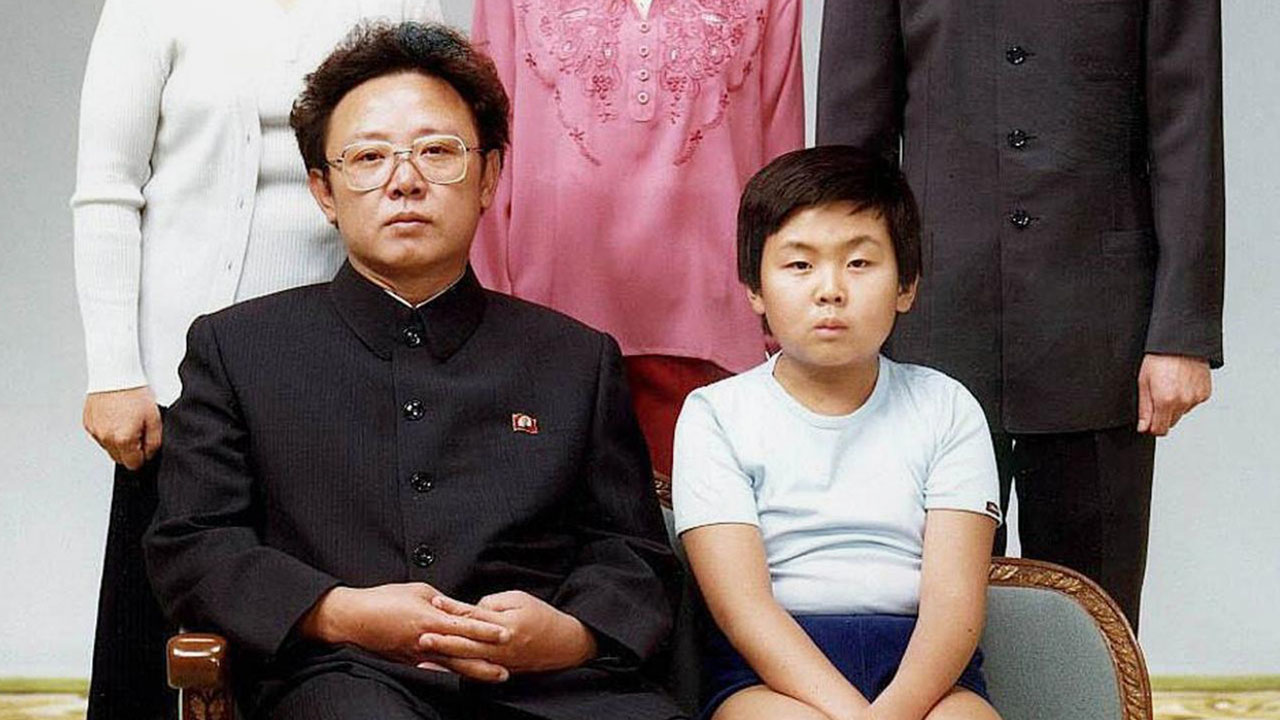
The half-brother of North Korean leader Kim Jong-Un, who has been murdered in Malaysia, pleaded for his life after a failed assassination bid in 2012, lawmakers briefed by South Korea’s spy chief said on February 15, 2017. Jong-Nam, the eldest son of the late former leader Kim Jong-Il, was once seen as heir apparent but fell out of favour following an embarrassing botched bid in 2001 to enter Japan on a forged passport and visit Disneyland. / AFP PHOTO / Handout / – South Korea OUT – North Korea OUT
The assassinated half-brother of North Korea’s leader Kim Jong-Un was a courageous man who sought to reform his country, a Japanese journalist who wrote a book about him said Friday.
Kim Jong-Nam, who was killed Monday at Kuala Lumpur’s international airport, had regularly corresponded with Tokyo Shimbun senior writer Yoji Gomi.
“Even if it put him in danger, he wanted to tell his opinions to Pyongyang through me or other media,” Gomi told reporters.
Gomi also said that Kim told him he had never met his younger half-brother who succeeded their father Kim Jong-Il and allegedly ordered his assassination, sending female agents to poison him, according to South Korea.
Gomi’s relationship with Kim began when he spotted him at Beijing’s international airport in 2004.
They began to regularly exchange emails in 2010. Gomi also interviewed Kim in Macau and Beijing in 2011 for a total of seven hours.
The last contact was via an email received in January 2012, just weeks after the death of Kim’s father.
Gomi said that Kim wanted North Korea to carry out economic reforms similar to those pursued by China from the late 1970’s.
“He said that the only way that North Korea could survive would be to go through the series of reforms and liberalisation that China had carried out,” Gomi said.
“He was critical of the system that was in place in North Korea,” Gomi added.
“He said that power should not depend on hereditary succession. That was not appropriate for a socialist society. The leader should be selected through a democratic process.”
He did say, however that at their first meeting, in Macau in January 2011, Kim was visibly nervous, sweating and fidgeting.
Gomi also said he found Kim to be a polite “intellectual” with a sense of humour, unlike his reputation as a playboy gambler, though he acknowledged he enjoyed drinking, especially in Tokyo’s fancy restaurants.
“He said that there he was able to enjoy singing and drinking alcohol with South Koreans, North Koreans and regular Japanese people, and he said he hoped that someday walls throughout the world would disappear like that.”
Kim is often remembered for a failed attempt in 2001 to enter Japan on a forged passport to visit Disneyland.
He was expelled in an incident that was widely seen as an embarrassment for his father and may have scotched his hopes of succeeding him as the first-born son.
But Kim told Gomi he did not believe that was the reason behind his father’s decision.
In his book, Gomi quoted Kim as saying that his father grew angry and distant after he advocated reform.



